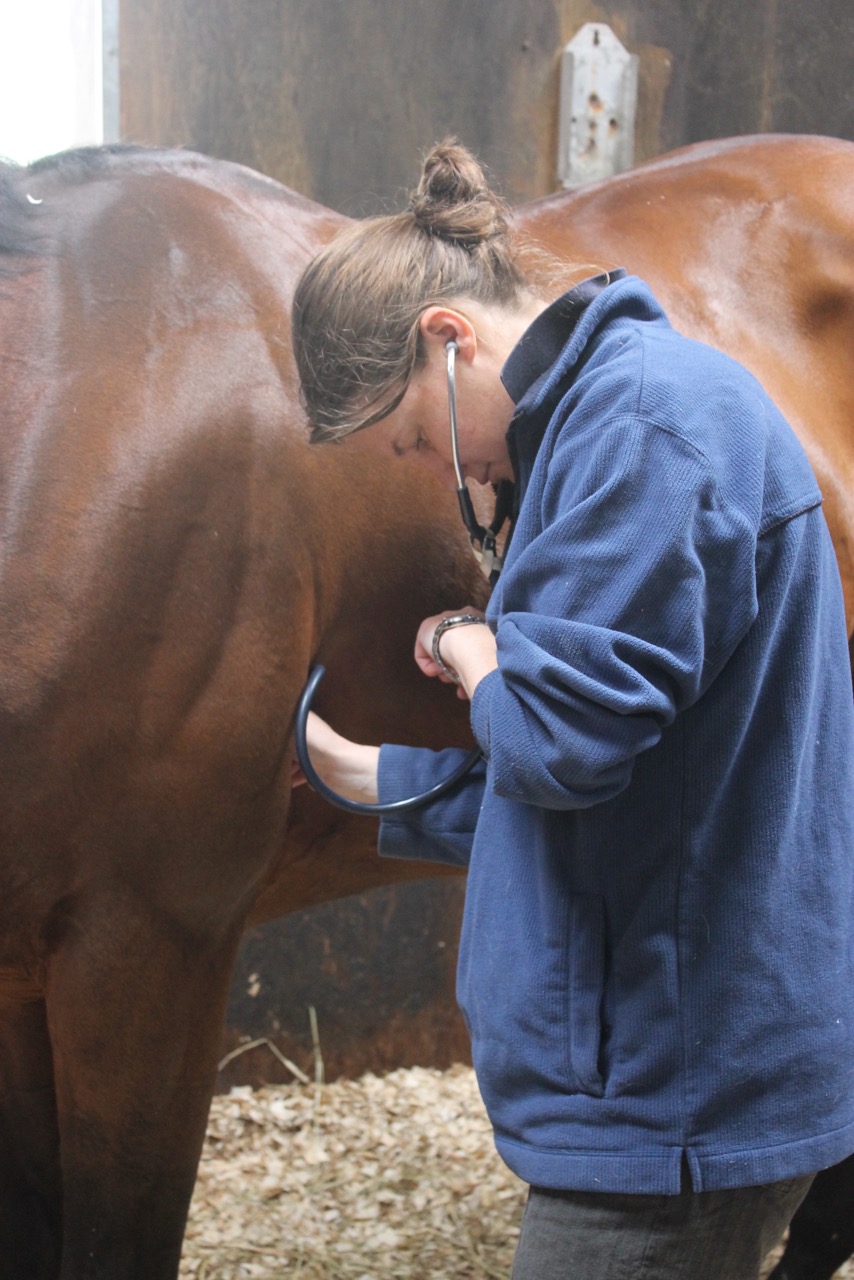· Discuss the proposed veterinary procedure and projected costs with your vet in line with your maximum cover limit and any contribution you are prepared to make if your incident limit is exceeded.
· Discuss with your vet whether referral to an equine hospital might be necessary before any of the more expensive diagnostic tests have been carried out. This may avoid duplication of the tests and help your insurance cover go further.
· Contact your insurance company as promptly as possible to make them aware of your potential claim. In some cases your vet may do this for you.
· Your Insurance Company must be informed before euthanasia is carried out unless emergency euthanasia is required. Failure to do so may invalidate a claim for mortality.
“Most insurance companies have a variety of veterinary fee options so that you can choose a policy to suit your personal circumstances. It is essential to check your insurance policy every time it is renewed and keep your insurer informed of any change in your horse’s health, or activities,” advises Guy Prest, Managing Director of KBIS British Equestrian Insurance.
“You should pay particular attention to the excess payable in the event of a claim, the vets fee incident limit and any exclusions on your policy due to pre-existing illness, injury or disease. In some instances you may be able to have certain exclusions removed; your insurance provider will be able to advise you how to get an exclusion reviewed.”
It’s important to remember that although your vet may be able to indicate whether a claim is likely to be accepted, the final decision rests with the Insurer.
For further information see https://www.beva.org.uk/Home/R esources/Resources-for-Owners/ Insurance








